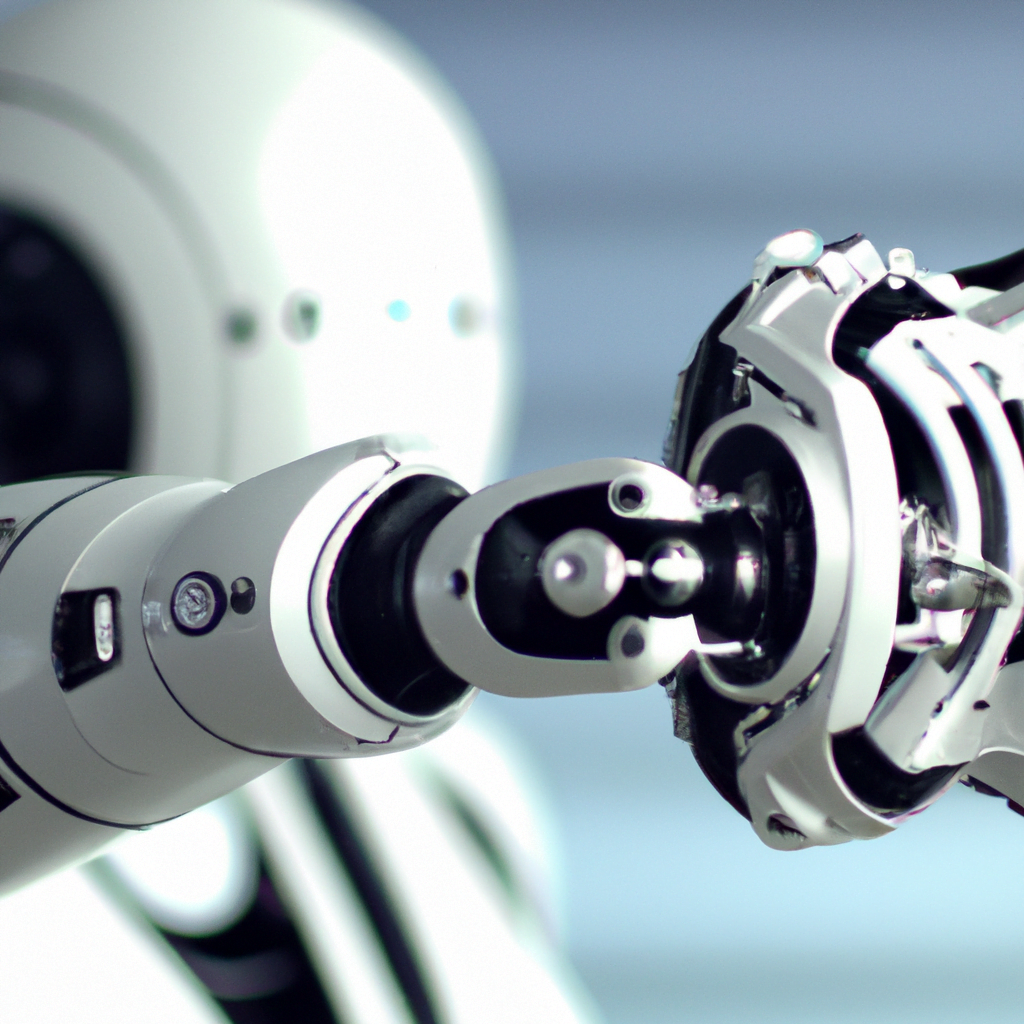The importance of data privacy in educational AI systems
As technology advances, artificial intelligence (AI) is increasingly being integrated into educational systems. AI can be used to personalize learning, provide instant feedback, and even predict future academic performance. However, the use of AI also raises concerns about data privacy. In this article, we will explore the importance of data privacy in educational AI systems.
What is Data Privacy?
Data privacy refers to the protection of personal information, such as names, addresses, and email addresses. In the context of educational AI systems, data privacy also includes information about students’ academic performance, behavior, and preferences. This information can be used to personalize learning and provide feedback, but it can also be misused if it falls into the wrong hands.

Why is Data Privacy Important?
Data privacy is important because it protects personal information from being misused or exploited. In the case of educational AI systems, data privacy is important because it protects students’ academic performance and behavior from being used against them. For example, if a student’s academic performance data is leaked, it could be used by potential employers to discriminate against them.
Data privacy is also important because it helps to build trust between students, teachers, and educational institutions. If students and parents do not trust that their personal information is being kept safe, they may be less likely to use educational AI systems or share their data with teachers.
How is Data Collected in Educational AI Systems?
Data is collected in educational AI systems through a variety of methods, including:
Learning Management Systems (LMS): LMSs collect data on student behavior, such as how much time they spend on assignments and how many questions they answer correctly.
Online Assessment Platforms: Online assessment platforms collect data on student performance, such as how well they do on tests and quizzes.
Student Information Systems (SIS): SISs collect data on student demographics, such as their name, address, and phone number.
How is Data Used in Educational AI Systems?
Data is used in educational AI systems to personalize learning and provide feedback. For example, if a student is struggling with a particular concept, AI can provide additional resources or assign extra practice problems. Data can also be used to predict future academic performance and identify students who may need additional support.
How is Data Privacy Protected in Educational AI Systems?
Data privacy is protected in educational AI systems through a variety of methods, including:
Data Encryption: Data is encrypted to protect it from being intercepted by hackers or other unauthorized parties.
Access Controls: Access to data is limited to authorized personnel only.
Data Minimization: Only necessary data is collected and stored to reduce the risk of data breaches.
Data De-identification: Personal information is removed from data sets to protect the privacy of students.
Conclusion
In conclusion, data privacy is an important consideration in educational AI systems. By protecting personal information, educational institutions can build trust with students and parents, while also using AI to personalize learning and provide feedback. Through the use of data encryption, access controls, data minimization, and data de-identification, educational institutions can protect personal information and ensure that it is being used for its intended purpose.




